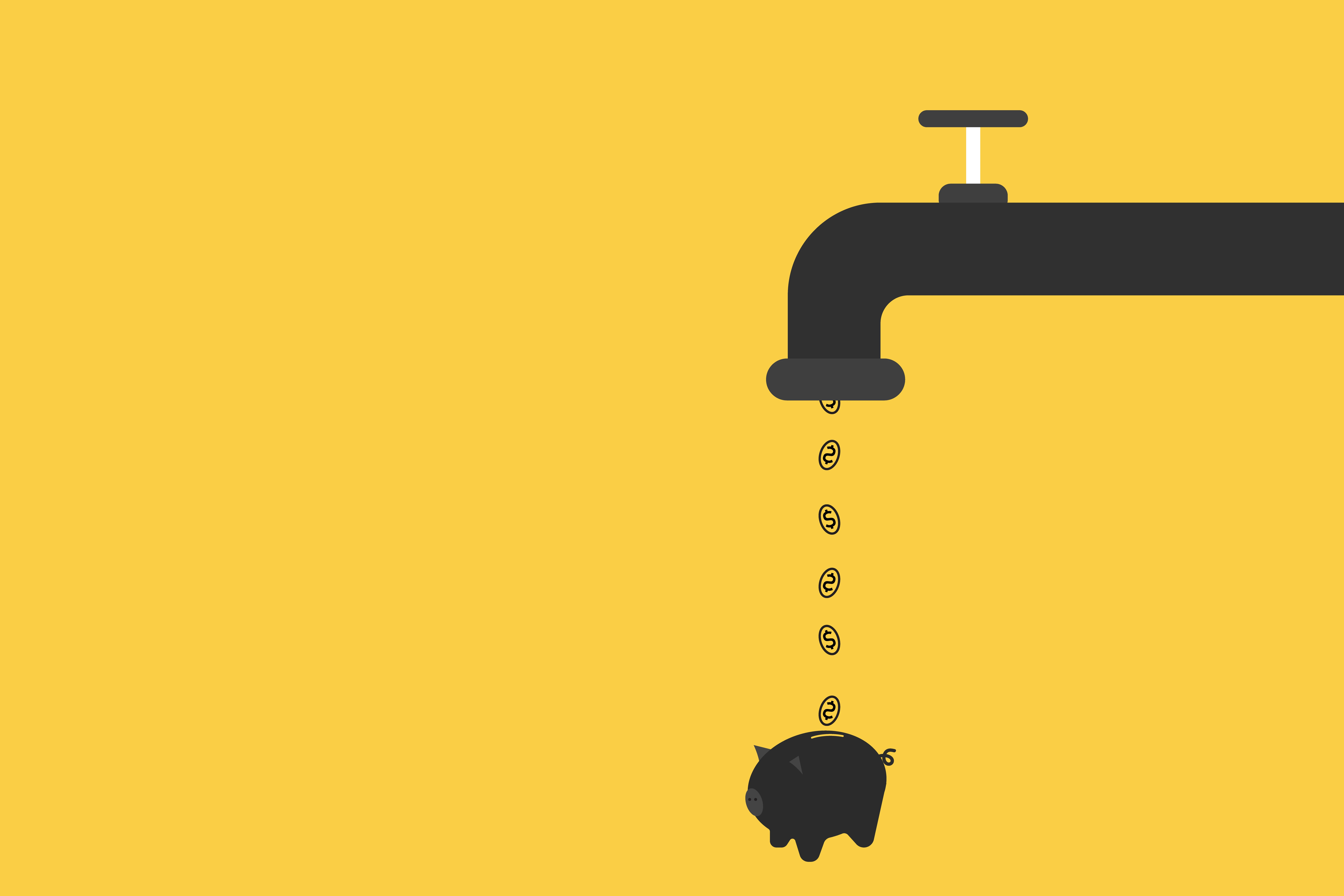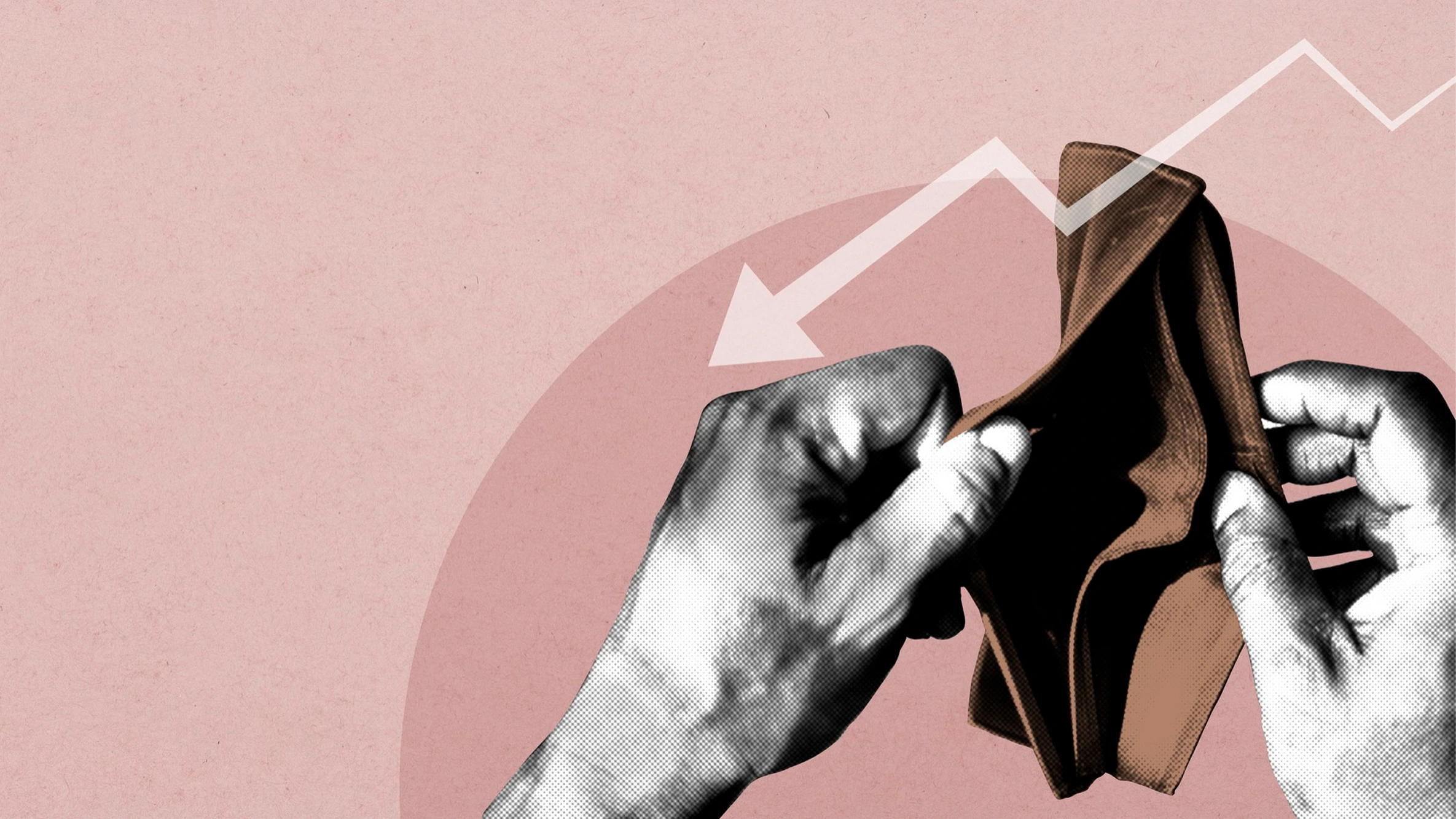TikTok is a great place to learn new dances (don’t try them in front of your kids) or watch silly dog videos. But it’s also a place where people are getting advice on dealing with debt.
Search for “debt collection hacks,” #credittok, #credithacks, or similar terms, you’ll get pages and pages of results of videos promising to help make debt disappear.
The history of debt information on TikTok
A few years ago, a former debt collector named Shaunna Burns went viral on TikTok for talking about medical debt collections, a subject she also had personal information with as a consumer. But since then, as happens with anything that goes viral, the topic has exploded.
The information you’ll find there isn’t all wrong, but the same short, snappy format that makes TikTok the perfect home for funny kid moments or lip sync battles means there’s rarely enough context or detail to be genuinely useful, and in some cases the tips can actually make the situation worse. Ouch.
Many of these videos are created by self-styled credit coaches who share quick, free information in order to advertise their paid services. Some of them are from attorneys or former debt collectors (as with Burns).
Those latter two sources are generally more reliable, but again, the brief format doesn’t give consumers all the information they need.
What advice are consumers getting from these videos?
We watched dozens of credit and debt advice videos so you don’t have to (you’re welcome).
Here are some of the top “hacks” offered as suggestions for dealing with collections and loan repayment:
- Don’t pay the debt. (This is pretty much always the first advice.)
- Demand the collector stop contacting you.
- Send a 609 letter to credit reporting agencies.
- Don’t pay the debt because it will restart the statute of limitations.
- Don’t pay the debt because it will make the debt look new.
- Don’t pay the debt because it will remain on your credit report anyway.
- Send a letter demanding the collector stop contacting you.
- Ask the collector for proof of the debt.
- Agree to pay only if the debt is deleted from your credit report.
- Keep copies of all correspondence.
- Only pay by money order.
- Never pay the full amount.
- Never pay a debt under $1000.
- Never provide personal information.
- Never pay debt if it’s not with the original creditor.
- Never pay a debt if they can’t provide an original, signed agreement.
- Contact credit bureaus to claim an inaccurate address so you can dispute a collections account.
As you can see, not all of the information here is entirely incorrect (some of it is even useful - definitely keep copies, people!), but it is incomplete, and depending on the situation, could create significant problems for the consumer.
Managing misinformation
What the popularity of these videos tells us is that people who have borrowed or owe money don’t have a complete understanding of their rights and obligations, and definitely don’t know where to turn to find out complete and accurate information.
For lenders, loan servicers, and collection agencies, that means in addition to working through a consumer’s financial problems, you may also need to deal with the problematic information they’ve gotten from a 15-second video.
But while you can’t stop TikTokers from TikToking (at least not yet!), you can take steps to keep everything running smoothly on your end.
Making sure call notes are clear and complete, increasing QA and compliance coverage to 100% of calls, and coaching agents to follow every step in every call can help your team help consumers - wherever they’ve gotten their financial advice.











.jpg)











.webp)
.webp)












.webp)







-min.avif)









.avif)








-modified.avif)












.avif)





.avif)

















